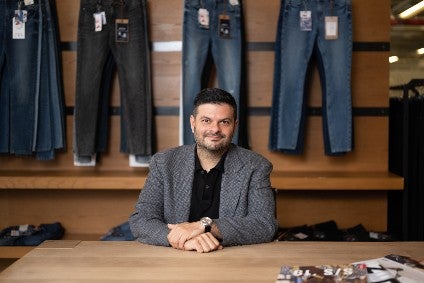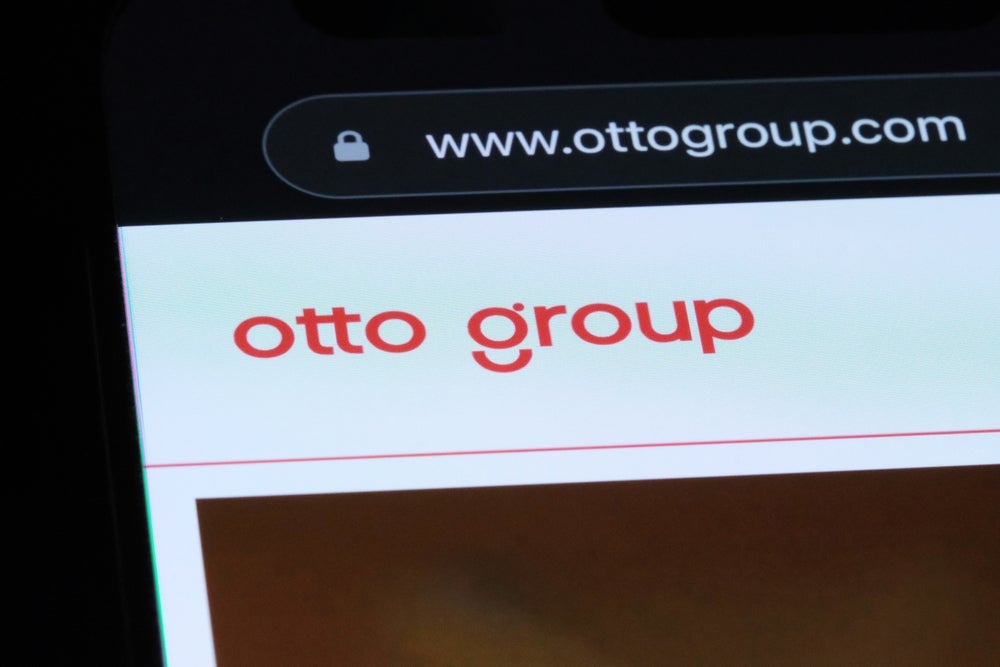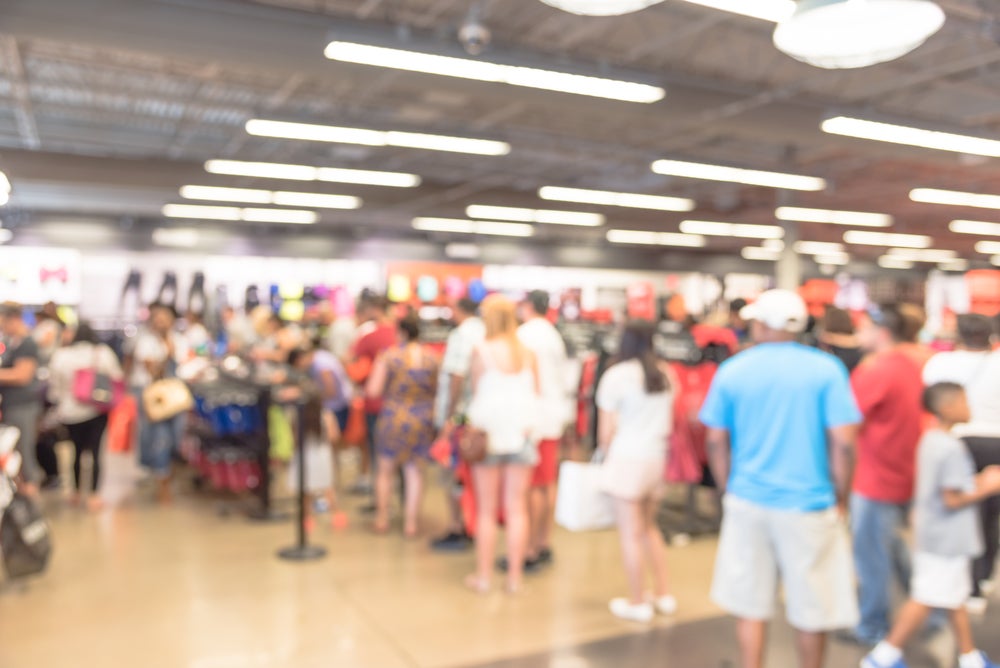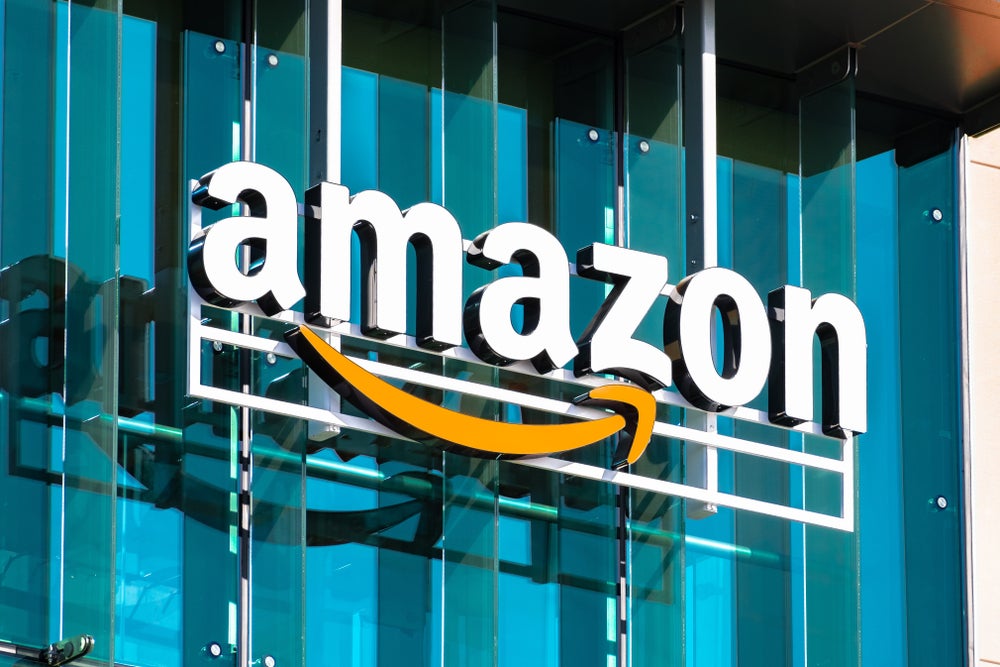
As its fashion sourcing business continues to recover from the disruption wrought by the coronavirus pandemic, PDS Group has wasted no time in picking up the pace on new projects and investments to broaden its portfolio.
Expanding its product platform, pivoting to new categories, and even pushing ahead with a professional venture capital fund are among the developments that have been accomplished in the few months since PDS Group founder and vice chairman, Pallak Seth, last spoke with just-style.
“We’re being very cautious, but at the same time we’re seeing hope,” he explains.
As one of the world’s largest suppliers of fashion apparel with a core ‘Plug & Play’ design-led sourcing platform that connects 45 independent business units with around 400 partner factories, the company is finding new opportunities in the aftermath of Covid-19 related order cancellations.
This includes onboarding new talent and small companies with strong customer accounts and complementary categories. “A lot of good people have been let go from our competitors, and we’re starting three or four new supply businesses in Asia [in products] where we didn’t have strength before.”
How well do you really know your competitors?
Access the most comprehensive Company Profiles on the market, powered by GlobalData. Save hours of research. Gain competitive edge.

Thank you!
Your download email will arrive shortly
Not ready to buy yet? Download a free sample
We are confident about the unique quality of our Company Profiles. However, we want you to make the most beneficial decision for your business, so we offer a free sample that you can download by submitting the below form
By GlobalDataSee Also:
With operations spanning 50 offices in 22 countries, as well as manufacturing units in Bangladesh, India and Sri Lanka, PDS spotted a gap to produce personal protective equipment (PPE) such as masks and gloves early in the pandemic.
From a standing start it delivered US$100m in PPE for the three month period when core business came to a standstill – helping push the group to a first quarter profit, and enabling it to reinstate salaries to those workers who had taken a cut in wages. It also donated 300,000 masks to the Great Ormond Street Hospital Children’s Charity.
But the focus has now moved to high performance reusable face masks after teaming up with Portugal-based Harvard graduate and inventor Jorge Machado to set up the PDS Smart Fabric Tech joint venture.
A “fabric innovation tech company with focus on wellbeing and performance,” its first product is the Wise Protec antiviral mask, which destroys the Covid-19 virus on contact and retains its potency for 50 washes. It also offers a range of additional benefits built into its inner layer, including a skin moisturiser, CBD for calming and wellbeing, eucalyptus and echinacea to relieve breathing problems and allergies, and sun protection.
The masks are being evaluated by regulatory bodies in the UK, US and Australia, and are endorsed by a medical advisory panel consisting of doctors from leading London hospitals.
“The whole PPE thing is big, unregulated and dangerous,” Seth believes, adding: “It’s still a challenge securing the right quality from the right source, so we invested in this technology because it’s proven, it’s cost effective and very environmentally friendly. Our mask can be worn for up to two months if it’s washed every day, compared with a disposable mask that has to be changed every four hours.
“PDS is putting its name to the product so we need to be 110% sure of its quality and authenticity. It’s not our core business, but it is helping to keep the engine going.”
Having already produced around 700,000 masks, “we’re seeing big retailers placing business, both as corporate wear for office and store staff, as well as for retail sales to consumers.”
While there’s potential to create a completely new medical vertical, the intention for now is to operate the unit as a personal protection fabric business alongside the group’s clothing operations.
Investments
In new venture capital moves, Seth has committed GBP25m over the next five years to back startup brands and disruptive business models – especially those with a sustainability focus.
One such partnership is with Rani Saad, Stanford alumni and founder of the Stanford Angel Network UK, who will lead its new Apex Black Venture Fund.
With a focus on tech-enabled businesses with the potential to bolster PDS’s existing core operations, investments so far include HydroCotton Technology, a startup that uses a controlled, data-driven environment to grow premium sustainable cotton.
By monitoring in-field agricultural inputs, it says cotton can be grown with 80% less water and fertilisers in a pesticide-free environment. The company is also looking at how to track and communicate production data to verify provenance.
“We’ll be able to add value by helping them scale up their farming network in cotton growing countries like India,” Seth explains.
Another investment is the Good On You platform. Based in Australia, it provides brand ratings and other information to make it easier for consumers to shop ethical and sustainable fashion. “PDS will be part of a consortium of investors to provide strategic support with regards to driving sustainability down the supply chain.”
In a separate step, the group has set up a fund in parallel with True Global, the specialist European retail and consumer sector private equity and venture capital firm, to invest in early and growth stage disruptors.
Deals here will be decided on “whether we can add value in terms of increasing the supply network, or improving the margin or improving the client network of our group,” says Seth.
IT spin-off
More action behind the scenes has seen PDS go ahead with decisions that have been on the back burner for the last few years.
The group’s IT arm has been spun off as a new company called Dizbi, which will serve as the consulting arm for its existing platform and the wider industry, especially on the manufacturing side.
“That’s been a great investment. It started an affiliated business for the 45 companies in our group, but it’s also a new line of business. Covid has made this decision happen much faster.”
Information technology (IT) sits alongside other “non-negotiable” areas that have group-wide oversight – including financing, risk management, internal and statutory audits, financial reporting, and other group best practices around social and ethical compliance and sustainability initiatives.
Retail demand returning
As retailers and brands continue to restart and rebuild their operations following the first wave of the pandemic, so too is demand returning to the core PDS design-led sourcing business.
Supermarkets like Kroger, Giant Tiger Stores, Asda, Tesco, Sainsbury’s and Lidl make up a large part of its customer base, and were among those least impacted by Covid as they remained open to provide essential food supplies.
“They’re saying their buying budget this year is almost the same as last year; they’re not reducing it, so that’s a positive. And they’re consolidating their vendor base so we are seeing a lot of new opportunities from these existing customers.”
Growth is also coming from the likes of Primark, Matalan and other value fashion retailers wanting to forge closer partnerships with financially stable companies.
“The UK industry has shrunk by 20%, both in value and number of players, so the pie has gone to fewer retailers, who are seeing reasonable business. It’s the same with the suppliers.
“I would say spring/summer 2021 will still be a bit soft, especially if Covid does not come under control, as October, November and December are critical months. But it’s still very uncertain and volatile – and a lot depends on new lockdowns imposed in the UK and Europe.
“Pre-Covid, retailers were going after price and direct sourcing, but today business has changed. They need corporate governance, risk management, they cannot travel so they have to trust suppliers are doing the right thing on the ground on their behalf, they need design, they need financial stability.
“So there’s a checklist of seven or eight points that retailers need if they want to do things properly. And very few companies are able to provide them with that.”
Click on the following link to read Pallak Seth’s earlier interview with just-style, in which he explains how trust, people and partnerships – key tenets underpinning PDS Group – were tested to the limit during the early months of the coronavirus pandemic: A case study in crisis management – What next for PDS Group?








